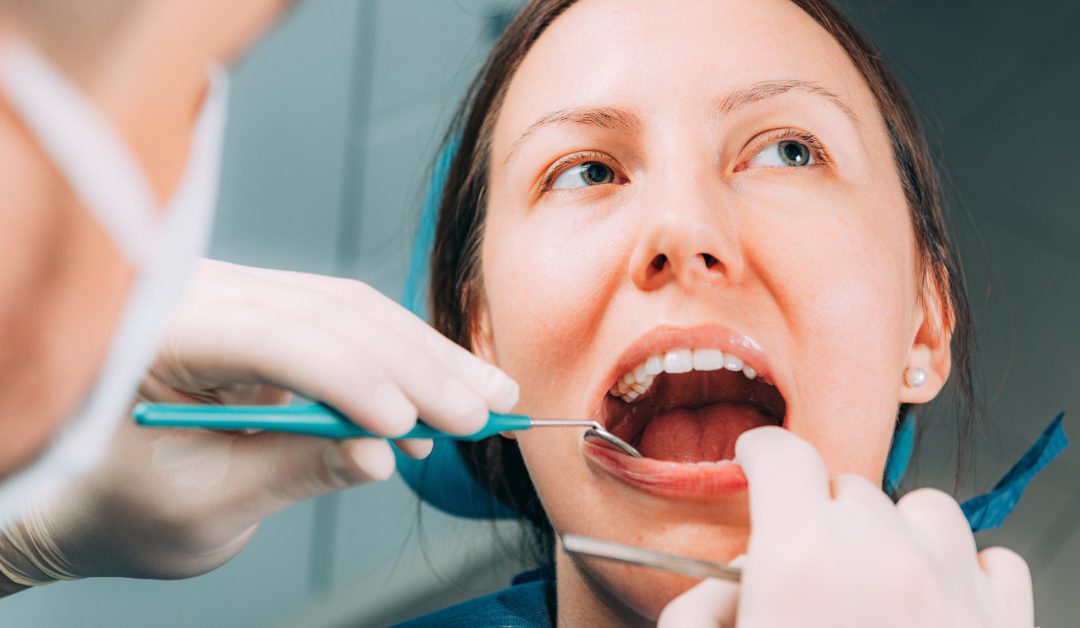Beyond the Surface: The Importance of Oral Cancer Screening
Introduction: When it comes to your oral health, there’s more than meets the eye. Oral cancer, although often overlooked, is a serious condition that can have devastating consequences if not detected early. In this article, we will shed light on the significance of regular oral cancer screenings. By understanding the risk factors, early detection methods, and the crucial role of dental professionals in identifying and treating oral cancer, you can take proactive steps towards protecting your well-being.
-
Understanding the Risk Factors: Oral cancer can affect anyone, but certain factors can increase your risk. Tobacco use, including smoking and chewing tobacco, is a significant contributor to oral cancer. Heavy alcohol consumption, prolonged sun exposure to the lips, a family history of cancer, and a weakened immune system are also potential risk factors. By recognizing these risk factors, you can be more vigilant and proactive in seeking regular oral cancer screenings.
-
The Importance of Early Detection: Early detection is vital in successfully treating oral cancer. Regular screenings can detect oral cancer in its early stages when it is most treatable. During an oral cancer screening, dental professionals thoroughly examine your mouth, including the lips, gums, tongue, and throat, looking for any suspicious signs or symptoms. By catching oral cancer early, treatment options are more effective, and the chances of a positive outcome significantly improve.
-
The Role of Dental Professionals: Dental professionals play a crucial role in oral cancer screening. During routine dental check-ups, your dentist or hygienist will perform a thorough examination of your oral cavity, looking for any abnormalities or signs of oral cancer. They have the expertise to identify suspicious lesions, perform biopsies if necessary, and collaborate with other healthcare professionals to ensure prompt and appropriate treatment.
-
Additional Screening Methods: In addition to visual examinations, dental professionals may use additional screening methods to enhance the detection of oral cancer. One such method is the use of specialized lights, such as VELscope or fluorescence-based devices, which can help visualize any potential precancerous or cancerous lesions that may not be visible to the naked eye. These non-invasive screening tools serve as valuable aids in early detection.
-
Empowering Yourself: As a proactive advocate for your oral health, it’s essential to be aware of the signs and symptoms of oral cancer. Watch for persistent mouth sores, red or white patches, difficulty swallowing or speaking, unexplained bleeding, or numbness in the mouth or lips. If you notice any of these symptoms or have concerns, don’t hesitate to contact your dental professional for an oral cancer screening.
Conclusion:
Oral cancer screenings are a vital part of maintaining your overall health. By understanding the risk factors, recognizing the importance of early detection, and appreciating the role of dental professionals in oral cancer screening, you can take charge of your well-being. Make regular dental check-ups a priority and discuss any concerns or symptoms with your dental professional. Remember, early detection can save lives. Together, we can go beyond the surface and ensure that your oral health remains a top priority.

